
Nantong is now home to Jiangsu province's national comprehensive bonded zone after getting the green light to upgrade its export-processing zone in January from the State Council.
The newly unveiled zone has a planned area of 5.29 square kilometers, almost twice the size of its predecessor in the Nantong Economic and Technological Development Area, said local officials.
The zone is composed of two parks. The 1.5-kilometer Park A is located in the former export-processing zone while Park B occupies an area of some 4 square kilometers, adjacent to a planned container dock with an annual handling capacity of 2 million twenty-foot equivalent units.
Officials say the zone's infrastructure investment is expected to reach 700 million yuan ($112.49 million).
And the zone's authorities are already speeding up the construction of roads, supervisory buildings and patrol paths in Park B.
In addition to expanding the size of the original park, the new zone is expected to take on more functions, such as port operation, exhibition and foreign trade, local officials said.
For example, port operation will cover loading, unloading, storing and transferring cargo imported or exported through the zone, they said.
Zhang Junfeng, a procurement manager at Nantong Hongbo Machinery Co Ltd said that the new function will benefit his company that manufactures hatch covers, ship propellers and other vessel components.
In the past, the company was often forced to ship some of its products to the city of Zhang Jiagang in southeastern Jiangsu, Zhang said.
"But now enterprises like mine can expect lower costs because the new zone will spare us the trouble of traveling to other cities by introducing port operations," Zhang said.
Meanwhile, the zone will also launch exhibitions and other trade activities by making full use of its favorable location, fast clearance, and bonded processing and logistics, officials said.
All functions will form a new service system, including bonded processing, warehousing, procurement and distribution, trade, research and development, inspection and maintenance, they added.
They also said the upgraded zone will offer a number of preferential policies to companies located in the area.
Those companies will be exempt from customs duties and value-added taxes on their imported equipment.
Their export-oriented goods or those traded between enterprises in the zone will also be exempted from value-added taxes and consumption taxes.
In addition, tax rebates will be granted for water, electricity and gas expenses.
Moreover, companies in the zone can also enjoy streamlined inspections, said the officials.
According to its regulations, raw materials imported to produce export-oriented products are not required to pass inspection.
Office or living consumables are also free from quality inspection.
Enterprises in the zone can choose to have their products examined and inspected during the manufacturing process instead of going through inspections at the customs office.
Fang Baijian, head of the Nantong Customs, said his office will collaborate with authorities in the development park in working out more favorable policies to boost the zone's development.
Currently, the zone has 26 companies whose accumulated value of imports and exports totals $2.4 billion.
Another nearly 700 companies are engaged in the bonded logistic services in the zone.
Thriving growth
Established in 1984, the Nantong Economic and Technological Development Area, home to the current bonded zone , covers a total area of 146.98 square kilometers.
The area is among the first group of economic and technological development zones in China.
Thanks to the Suzhou-Nantong Bridge and the Chongming-Qidong Bridge, the area has been fully integrated into the one-hour economic circle of Shanghai.
It has grown into an advanced manufacturing base with support from foreign investments in the Yangtze River Delta.
Now, it is home to more than 700 foreign-funded enterprises, 60 of which are Fortune 500 companies.
They roughly fall into six major industries-modern equipment manufacturing, new materials, medicine, alternative energy, modern textiles and service outsourcing.
In 2012, the newly registered foreign capital in the area hit $800 million, of which the actually utilized amount reached $760 million.
Its imports and exports totaled $4.36 billion last year, an annual increase of some 3 percent.
In order to fuel its development, the area's administrative committee has promulgated a series of policies, including cutting administrative charges, extending financial support, and improving services.
One example is that foreign enterprises that have been established in the area for more than 10 years can enjoy some income tax rebates.
Another is a preferential policy to encourage research and development among local enterprises.
Officials say that the launch of the new bonded zone will further sharpen the competitive edge of the area.

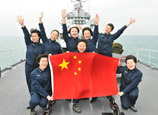
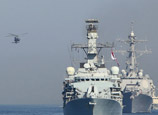


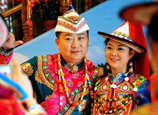
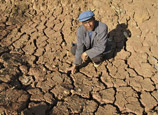

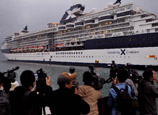
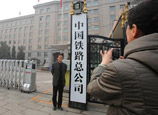
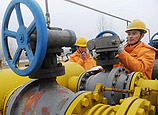






 Beijing's 2013 pollution goals set far too low: experts
Beijing's 2013 pollution goals set far too low: experts


![]()
